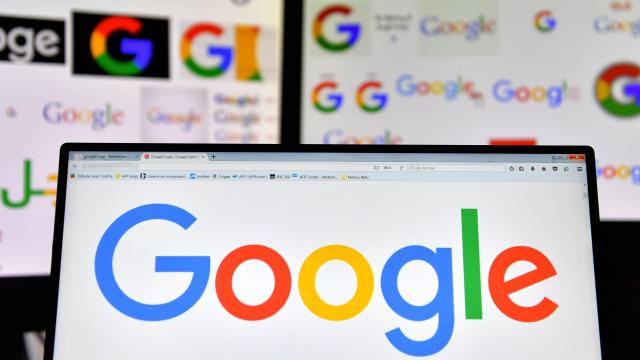Google’s week of combative antitrust pushback came to a fitting conclusion on Friday with the company filing a motion to dismiss large parts of an antitrust case filed by Texas Attorney General Ken Paxton and a coalition of other states. Among other things, the new complaint filed last week accused Google of colluding with Facebook (now Meta) to give it an unfair leg up in Google’s programmatic ad auctions as part of a project oddly called “Jedi Blue.” Facebook, as part of the alleged quid pro quo, would agree to back down from its own ad plans. The complaint goes as far as to claim Google’s Sundar Pichai — and Meta’s Mark Zuckerberg and Sheryl Sandberg — all signed off on the agreement.
That’s clearly not the way Google sees it. In the motion, Google claimed the states had failed to prove it had engaged in any anti-competitive behaviour. Instead, the company described the examples lodged in the complaint as nothing more than a “collection of grievances.” Rather, if the states had their way, Google alleges, then the search giant would be forced to, “share with its competitors the fruits of its investments and innovation.” Google went on to argue some of the alleged conduct cited by states ended years ago, making the claims irrelevant.
“State Plaintiffs’ complaint — cheered on by a handful of Google’s rivals who have failed to invest properly, compete successfully, or innovate consistently — might serve the narrow interests of those rivals,” Google wrote in the motion. “But it also threatens to stifle the dynamism that drives Google and other firms to deliver the products on which businesses and consumers depend every day.”
Adam Cohen, Google’s Director of Economic Policy, released an accompanying blog post providing more details on the company’s decision to file the motion. In it, Cohen accused Paxton in particular of making “inaccurate and inflammatory allegations,” that misrepresent Google’s business, products, and motives. Cohen refuted a handful of the claims made in Paxton’s complaint, notably including those surrounding alleged collusion with Facebook.
Google says it publicly announced Facebook Audience Network’s (FAN) participation in its Open Bidding program, (alongside at least 25 other partners) back in 2018. Rather than being anti-competitive, Google argued Facebook’s participation in these auctions was actually beneficial to both advertisers and publishers.
“In fact,” Cohen wrote, “If FAN weren’t a part of Open Bidding, AG Paxton may have claimed we were preventing a rival from accessing our products and depriving publishers of additional revenue.”
Finally, Cohen reiterated Google’s view that it didn’t provide Facebook with an advantage over other bidding competitors, “FAN [Facebook] competes in the auction just like other bidders.”
As hinted at above, Google’s motion comes during a week of vigorous lobbying against other legislative antitrust efforts trudging their way through Congress. Google took particular issue with the American Innovation and Choice Online Act, which if passed would make it illegal for tech’s largest internet companies to unfairly favour their own products and services on their platforms. In some cases, Google CEO Sundar Pichai reportedly personally contacted multiple lawmakers urging them to oppose the legislation. In the end, those efforts fell short. On Thursday, the Senate Judiciary Committee voted overwhelmingly (16-6) in favour of advancing the legislation.
